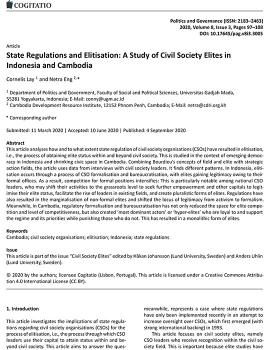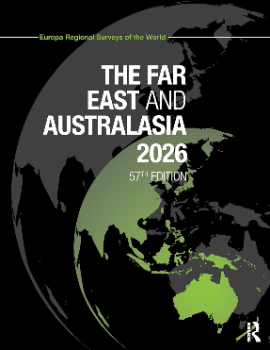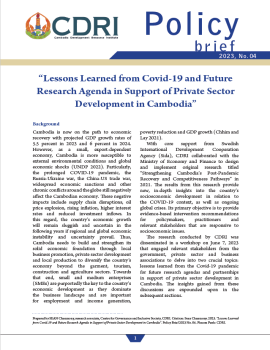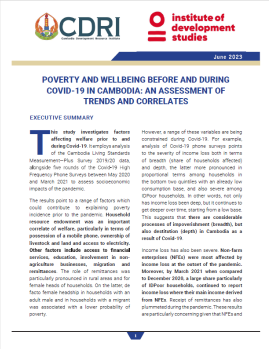
Abstract/Summary
This article analyses how and to what extent state regulation of civil society organisations (CSOs) have resulted in elitisation, i.e., the process of obtaining elite status within and beyond civil society. This is studied in the context of emerging democracy in Indonesia and shrinking civic space in Cambodia. Combining Bourdieu’s concepts of field and elite with strategic action fields, the article uses data from interviews with civil society leaders. It finds different patterns. In Indonesia, elitisation occurs through a process of CSO formalisation and bureaucratisation, with elites gaining legitimacy owing to their formal offices. As a result, competition for formal positions intensifies: This is particularly notable among national CSO leaders, who may shift their activities to the grassroots level to seek further empowerment and other capitals to legitimise their elite status, facilitate the rise of leaders in existing fields, and create pluralistic forms of elites. Regulations have also resulted in the marginalisation of non-formal elites and shifted the locus of legitimacy from activism to formalism. Meanwhile, in Cambodia, regulatory formalisation and bureaucratisation has not only reduced the space for elite competition and level of competitiveness, but also created ‘most dominant actors’ or ‘hyper-elites’ who are loyal to and support the regime and its priorities while punishing those who do not. This has resulted in a monolithic form of elites.



